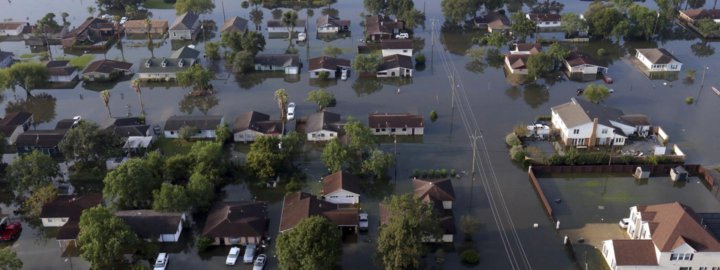
First-Time Homebuyers are Facing a Starter Home Shortage
Lack of “Starter Homes” in the U.S. Makes First-Time Homebuying Difficult
Post from our Partners at the CE Shop dated 2/13/2022
It’s hard for first-time homebuyers in this housing market — in recent years, they’ve faced ultra-high home prices, record-low inventory, and more recently, rising mortgage rates. Some first-time homebuyers might be feeling frustrated or discouraged, and as a real estate agent, it’s your job to help them through the process.
But how did we get here? In this blog, we’re going to explore what experts say is one of the major barriers to homeownership: the lack of available “starter homes.”
What Is a “Starter Home”?
There’s no one definition of a “starter home.” Generally, these entry-level homes are smaller, more affordable homes that give first-time homebuyers, especially buyers in their 20s or 30s, a way to enter the housing market.
As its name suggests, a “starter home” often isn’t intended to be a buyer’s “forever home.” Sometimes the starter home category is designed by square footage — Freddie Mac, for example, defines a starter home as a home that’s 1,400 sq. ft. or less.
“The classic American starter home” is a “smaller, more affordable, entry-level abodes that have long been the sweet spot of first-time homebuyers,” according to Realtor.com.
Starter homes “typically have two bedrooms or fewer (or are a small three-bedroom),” Rocket Mortgage says. “They also don’t usually have all the amenities you might want or they might be in a less-than-ideal location. This is a popular option with younger homebuyers because it’s less expensive and you can get it without waiting years to save up for a down payment.”
Starter homes can give first-time homebuyers “the chance to save money and build home equity in a property at the same time — something you can’t do when you rent,” Rocket Mortgage explains.
The starter home might not even be significantly different from the buyer’s former rental in terms of the monthly payment, size, or location.
“A starter home is viewed as one that you will be transitioning into from a rental property,” Greg Vladi, agent at Triplemint real estate in New York City, told Apartment Therapy. “Generally, this closely relates to something that the client was renting prior.”
There are many first-time homebuyers who would be eager to buy a starter home, but nowadays, the number of available homes that fit these criteria is relatively small, which can be a major barrier to homeownership.

A Decline in the Number of Available Starter Homes
The construction of new starter homes has decreased dramatically over the decades, directly leading to the shortage we have today.
“In the span of five decades, entry level construction fell from 418,000 units per year in the late 1970s to 65,000 in 2020,” Freddie Mac says.
“While in 2020 only 65,000 entry-level homes were completed, there were 2.38 million first-time homebuyers that purchased homes. Not all renters looking to purchase their first home were in the market for entry-level homes, however the large disparity illustrates the significant and rapidly widening gap between entry-level supply and demand.”
The number of starter homes available for sale was reduced by more than half from 2016 to 2021, Realtor.com data shows. (Their data defines a starter home as any home under 1,850 sq. ft.)
In September 2016, there were 653,940 starter homes available for sale, compared to 303,153 five years later, in September 2021.
There are many reasons for this decrease, one of which is that “there are way more would-be buyers now splashing around in an increasingly shallow competitive pool,” Realtor.com reports. The COVID-19 pandemic and current housing market conditions have made it so that first-time homebuyers aren’t the only ones competing for these smaller, once-affordable homes.
“First-time buyers are looking for homes in the most competitive price point in the housing market,” Ali Wolf, chief economist at the building consultancy Zonda, told Realtor.com. “Supply is extremely limited [and] in an environment where supply and demand are clearly mismatched, this makes it particularly challenging for entry-level buyers.”
It can be tough out there for first-time homebuyers, but the search for an affordable home isn’t impossible. As their real estate agent, you can help! What are your top tips for working with first-time homebuyers?
Ready to Get Started With The CE Shop?
Whether you’re a new agent looking to start award-winning Pre-Licensing education or an experienced veteran wanting to finish your Continuing Education, we’ve got a 100% online curriculum that’s one of the most diverse and groundbreaking in the industry. And if you want to network with your peers, join our Facebook group and get connected!
WHY WAIT?





